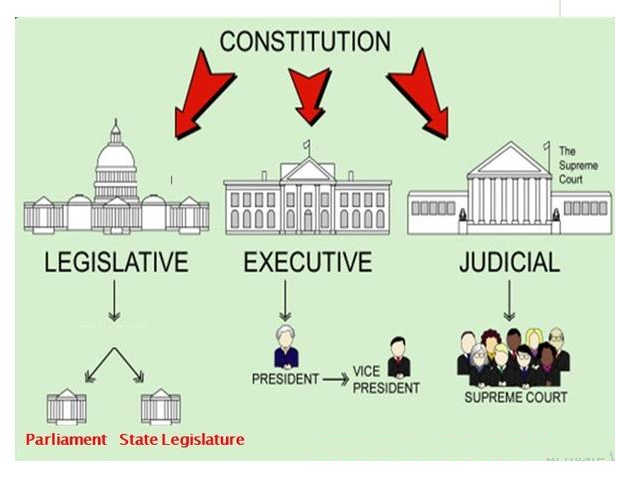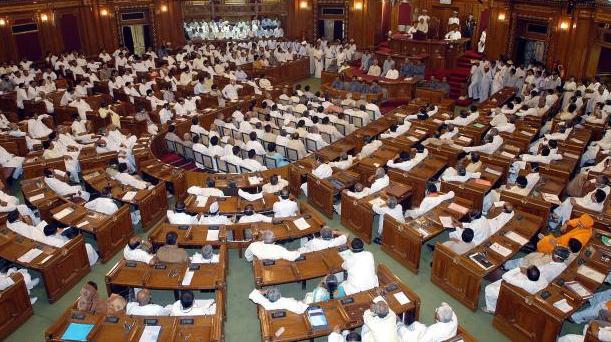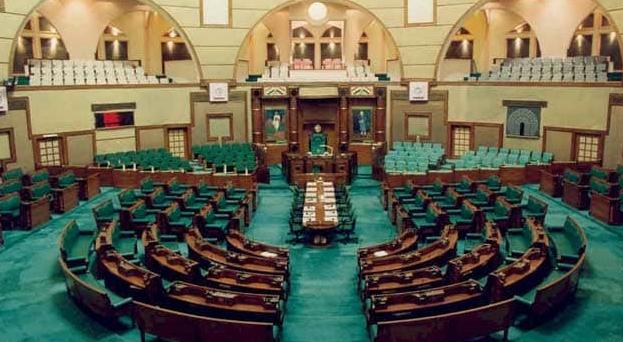Updated By: LatestGKGS Desk
Powers and Functions of Legislative Council

Powers and Functions of Legislative Council For Its Approval
Legislative Powers: An ordinary Bill may be introduced in any House, but it is essential that the both the House is giving assent to the Bill. If the Bill is passed by the Legislative Assembly and is rejected by the Legislative Council.
The Legislative Council wants such amendments which are not improved by the Legislative Assembly, or the Bill is not assented to by the Legislative Council within 3 months, then the Legislative Assembly again introduces the Bill an sends it to the Legislative Council for its approval.
Executive Powers: The Members of Legislative Council can be the Members of Council of Ministers. The Legislative Council can control the Council of Ministers through debates and by asking questions.
The Members of Legislative Council cannot dismiss Council of Ministers. This function can only be performed by the Members of Legislative Assembly.
Financial Powers: The Legislative Council is a powerless body on financial matters. No money Bill can be introduced in the Legislative Council. After a money Bill is passed, it is sent to the Legislative Council for its approval.
The Legislative Council has to return the Money Bill within 14 days along with its approval. If the Bill is not returned within 14 days, the Bill shall be deemed to have been passed.


